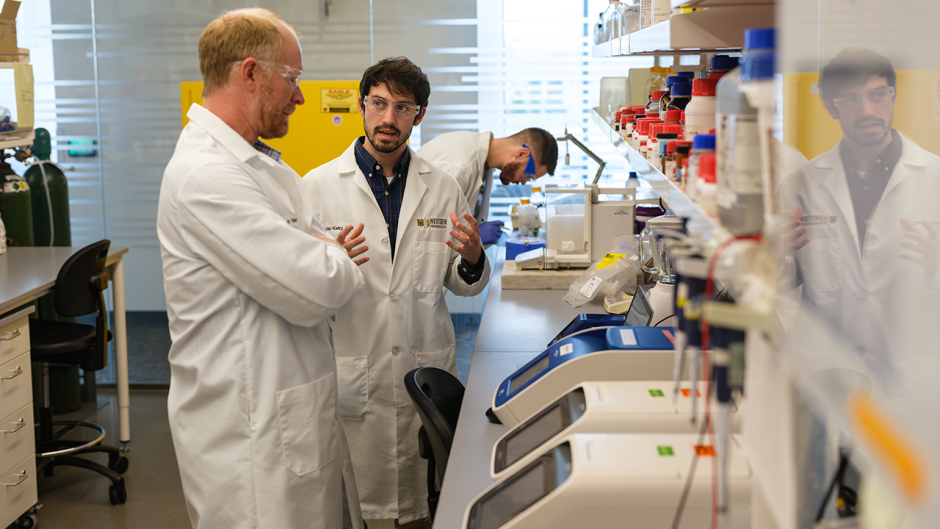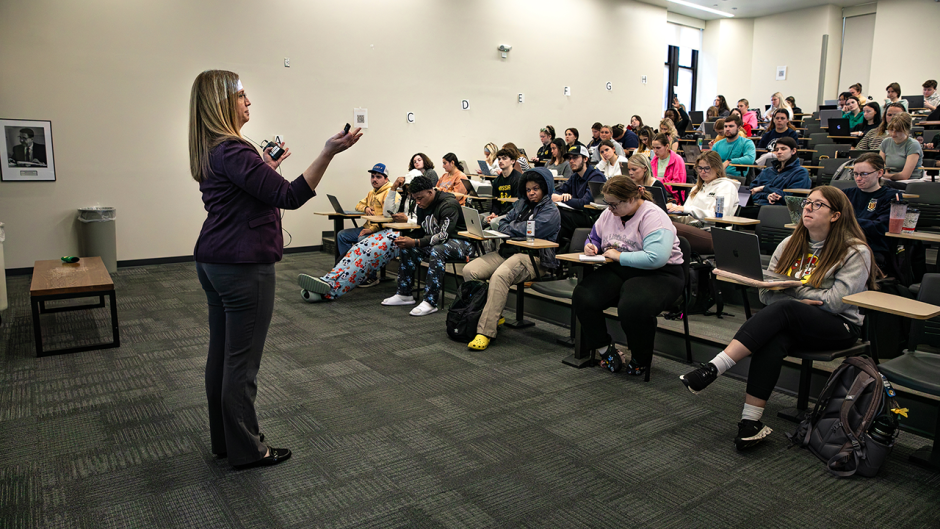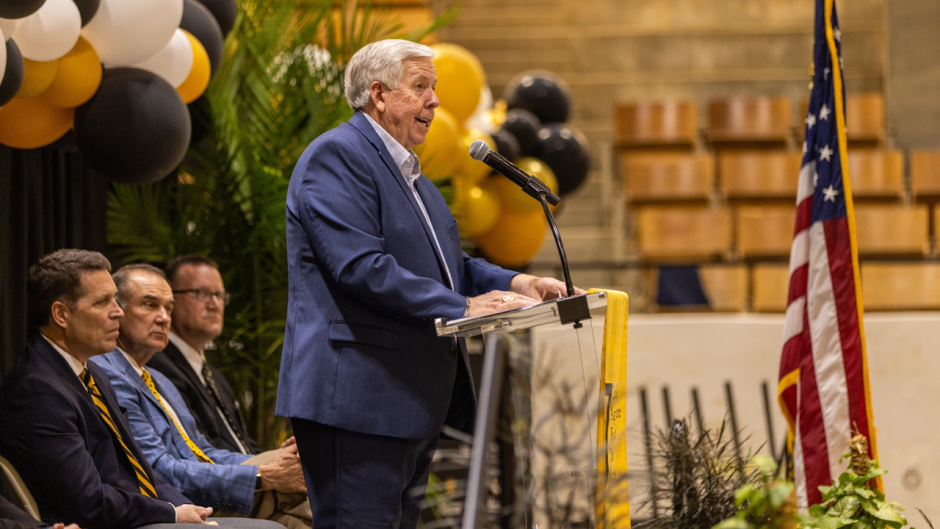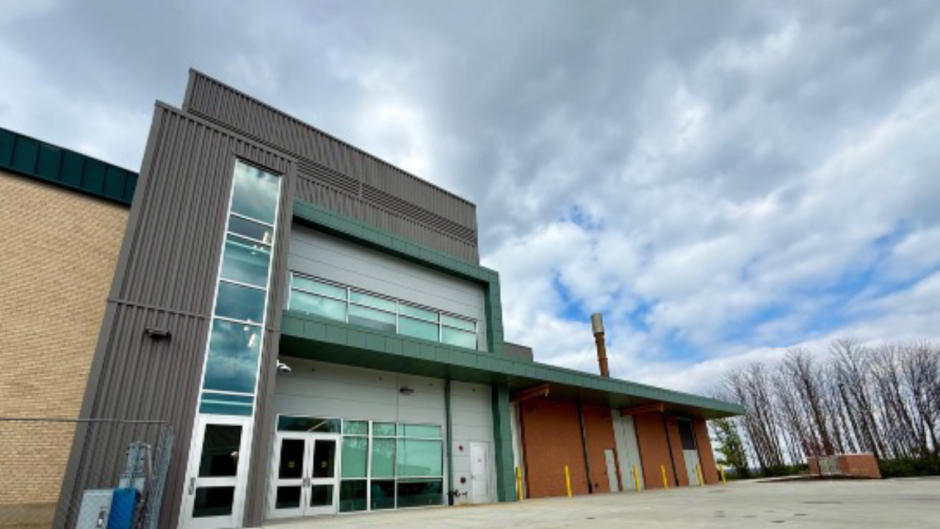July 16, 2020
Contact: Christian Basi, 573-882-4430, BasiC@missouri.edu
The University of Missouri today held a forum to discuss the university’s progress in the areas of diversity, equity and inclusion. Officials say there is a strong commitment from the university to value each individual, regardless of their background, experiences and perspectives. UM System President and Interim MU Chancellor Mun Choi and other leaders highlighted many of the university’s accomplishments while also providing action items that will continue the work of building an inclusive campus environment.
“I’m proud of the strides we’ve made in creating a more diverse, inclusive and equitable university where we want each student, faculty and staff member to feel respected and supported,” Choi said. “This work is never complete, but we are committed to doing the hard work necessary to become a better Mizzou.”
In the past five years, the university has created the Division of Inclusion, Diversity and Equity, hired a chief diversity officer to lead the new division, established mandatory diversity training for those responsible for hiring and completed other actions. In June, the university announced the hiring of Maurice Gipson as the new vice chancellor of Inclusion, Diversity and Equity.
Leaders announced a series of actions, including mandatory cultural competency training, bystander and civil discourse training, supervisor training to address acts of discrimination and a thorough review of the MU Police Department’s “use of force” policies and de-escalation tactics. Next month, the university will launch a Bias Hotline so students, faculty and staff can anonymously report acts of discrimination or racism.
“I’m thrilled to join the team and build on the successes of the past several years,” Gipson said. “The Division of Inclusion, Diversity and Equity is where aspiration meets operation — and we’ve already seen transformational change take place. There are some areas that continue to challenge us, and we as a university community are going to work hard to address them. I look forward to advancing the mission even further.”
Since 2015, the number of minority faculty has increased by 32%, and graduation rates among African American students have risen 7% to nearly 60%. The university has invested in diversity and inclusion training at every level, from leadership to students to faculty. Additionally, Mizzou has enhanced recruitment strategies and guidelines to attract more diverse applicants.
To provide more robust services to students, the Counseling Center increased the number of counselors from 27 to 33 as of the spring 2020 semester; the number of counselors from under-represented minority backgrounds has doubled.
Last month, the American Council on Education released its second report on the inclusion, diversity and equity progress made since the 2015 protests at MU.
The report highlights actions taken by the university, including its Inclusive Excellence Framework and funding process, leadership training, resource investment in this area and engagement with the local community. Based on the assessment, the outside reviewers from ACE upgraded the university’s assessed capacity to effectively respond to diversity, equity and inclusion issues from “low” in 2015 to “moderate” in 2019. This significant progress will continue at the University of Missouri, Choi said.
The new report, “Leading After a Racial Crisis: Weaving a Campus Tapestry of Diversity and Inclusion,” details the successes researchers found after returning to the university to see the progress since the first report was published in 2018. This latest report was co-authored by Adrianna Kezar, of the University of Southern California, and Sharon Fries-Britt, of the University of Maryland, College Park. Mizzou has participated in this project since 2017 to provide external assessment of the university’s journey in inclusive excellence.




